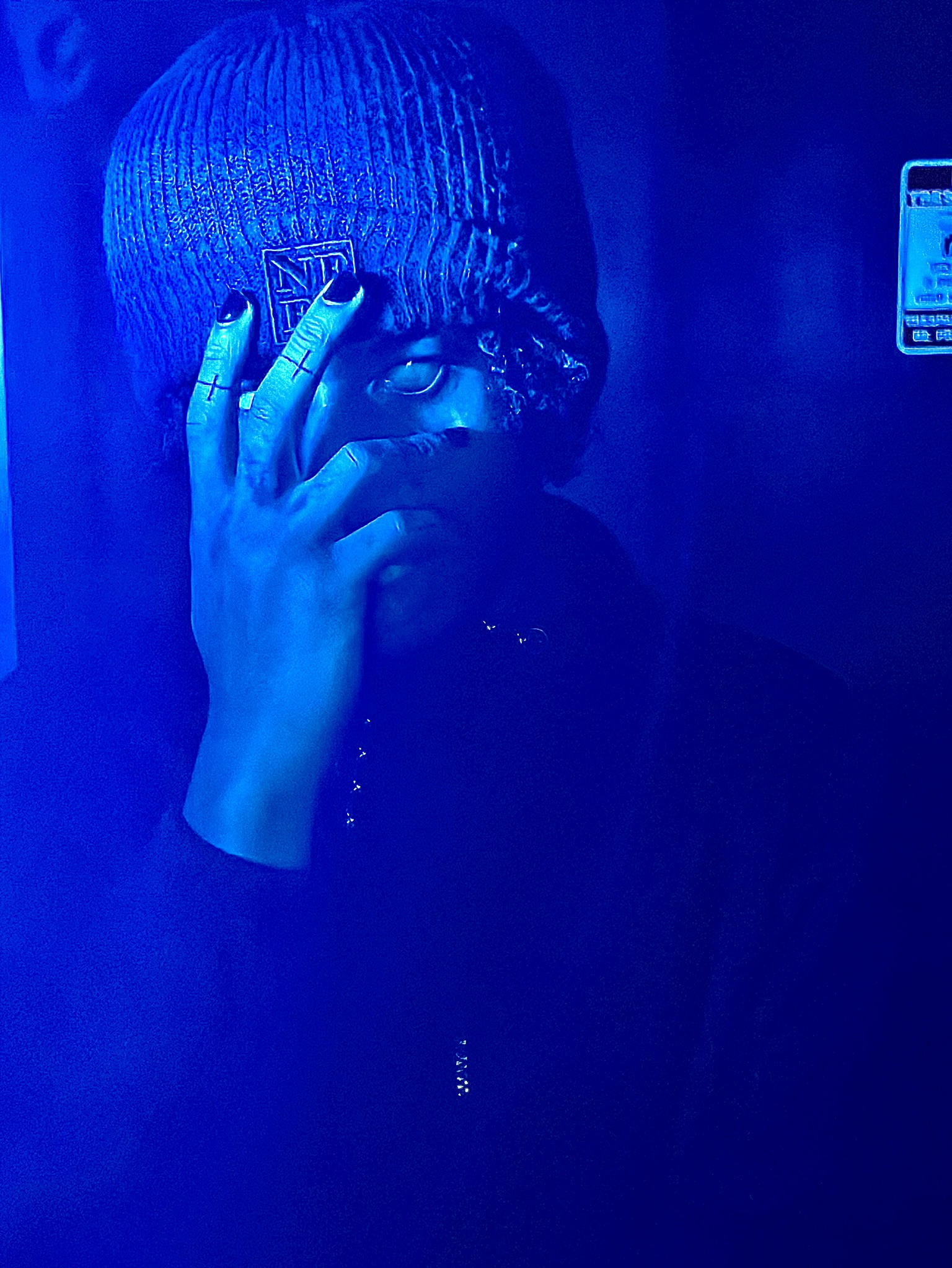

Get personalized guidance and support to help you succeed in the music industry!
Crock Pot Cartel is more than just a review show - it's a community of artists coming together to show love and support for one another.
Our show, which started in April 2021, has reviewed and advised over 15,000 artists, helping them to learn and grow in their craft. But we're not just about reviewing music - we offer a variety of services to help artists take their careers to the next level.
Crock Pot Cartel Blog

Remembering "Smelly Cat"
The Misadventures of Smelly Cat: A Lighthearted Lesson in Copyright Protection
Remember the TV show "Friends," where laughter and unforgettable moments ruled the day? Well, let's dive right in, as we explore the captivating world of Phoebe Buffay's musical journey and the surprising twists that copyright law had in store for her.
Over twenty-five years ago, "Friends" premiered and took the world by storm. Amidst the humor and camaraderie, there's one particular aspect of the show that has truly struck a chord – Phoebe Buffay's legendary song, "Smelly Cat."
Phoebe, portrayed by the talented Lisa Kudrow, is the quirky soul of the group, known for her eclectic fashion sense and unconventional songwriting. "Smelly Cat" was her ode to a less-than-fragrant feline from her childhood, and it quickly transformed into a cultural sensation, capturing hearts and even inspiring covers by musical giants like Taylor Swift and Lady Gaga.
In the show, "Smelly Cat" wasn't just a catchy tune; it became an integral part of Phoebe's character, earning her recognition and even a recording contract in one memorable episode. It was a melody that resonated with viewers and showcased Phoebe's whimsical charm.
Warning: Foul Language
But here's where the melody takes an intriguing turn through the realm of copyright law. While Phoebe's "Smelly Cat" was soaring to new heights, her rights to the song were left vulnerable, exposing her beloved creation to a surprising fate.
Enter the twist: her ex-partner saw the opportunity and used "Smelly Cat" as a jingle for a kitty litter commercial. That's right – the melody that started as an ode to a pungent pet was now serenading consumers about cat litter!
This whimsical yet cautionary tale poses an interesting question: What if Phoebe had enlisted the expertise of a copyright attorney? Could this musical misadventure have been averted? With the right legal guidance, her cherished creation might have been safeguarded from the clutches of her ex-partner's commercial endeavors.
Copyright protection grants exclusive rights to the owner of a copyrighted work, including reproducing, distributing, and performing the work. However, to enforce these rights and seek damages, the creator must register the work with the United States Copyright Office.
When it comes to "Smelly Cat," the Federal Copyright Act kicks in once musical works are fixed in a tangible medium of expression. Phoebe could have either written the piece down as a musical composition or recorded herself singing it. Each option offers varying degrees of protection, underscoring the importance of consulting legal counsel before proceeding.
Interestingly, new creations are granted copyright protection as soon as they're created and fixed in a tangible medium. Nonetheless, registering the work with the United States Copyright Office adds an extra layer of protection and benefits.
Had "Smelly Cat" been registered, Phoebe might have prevented its use in the commercial and sought damages, including lost profits, royalties, or even statutory damages.
So, whether you're crafting tunes as unforgettable as Phoebe's or melodies that rival chart-toppers, remember the tale of "Smelly Cat." Your creative endeavors deserve the safeguard of copyright law. Just as Phoebe's melody captured hearts, let your compositions echo through time with the legal protection they deserve.
In the symphony of creation, let's ensure our artistic narratives are preserved and celebrated, akin to the timeless spirit of "Friends." 🎶🐱
Created with assistance by OpenAI, ChatGPT, Promptomania and Stable Diffusion XL
"Ignite Your Passion:6-Figure Online Business Blueprint"
FREE COURSE
Sign up for our free course and learn how to turn your passion into a successful online business.








